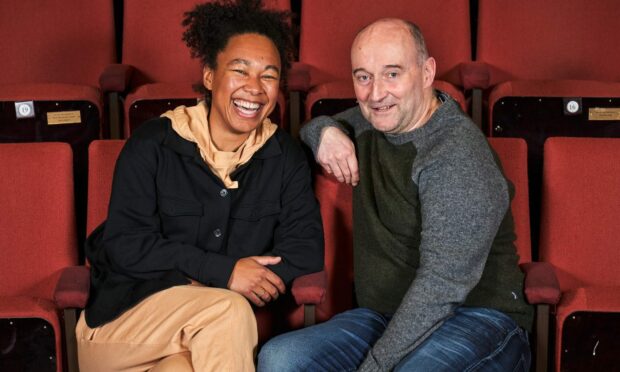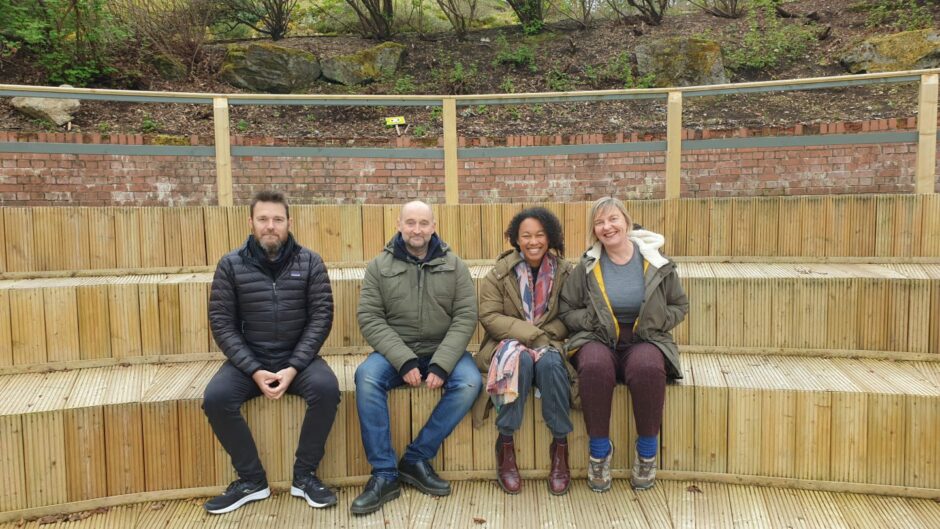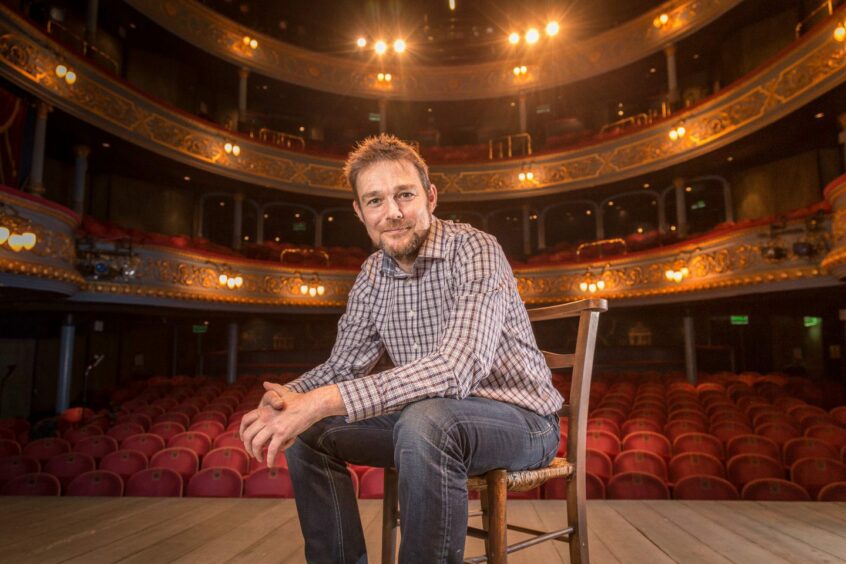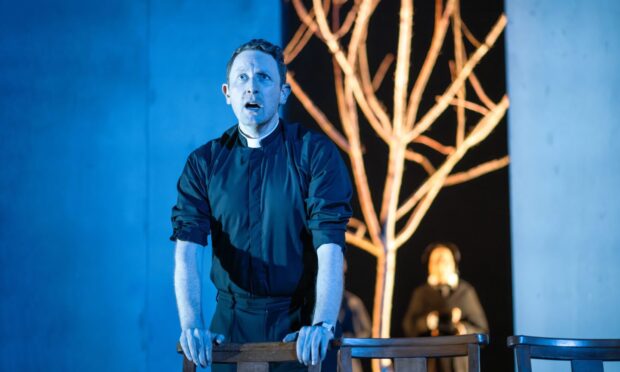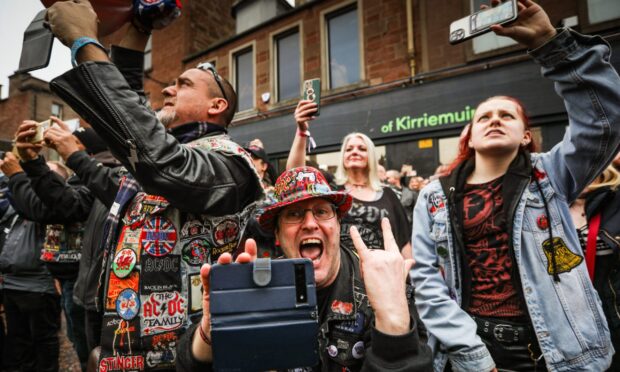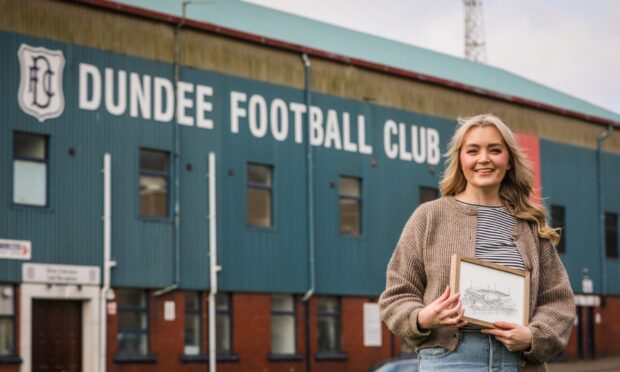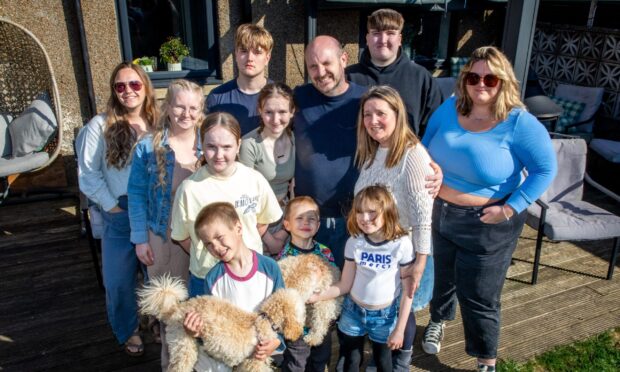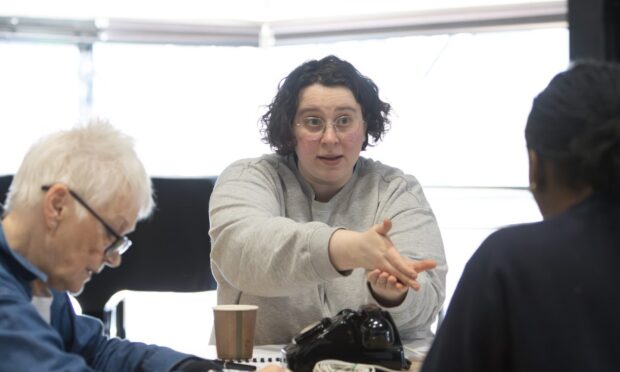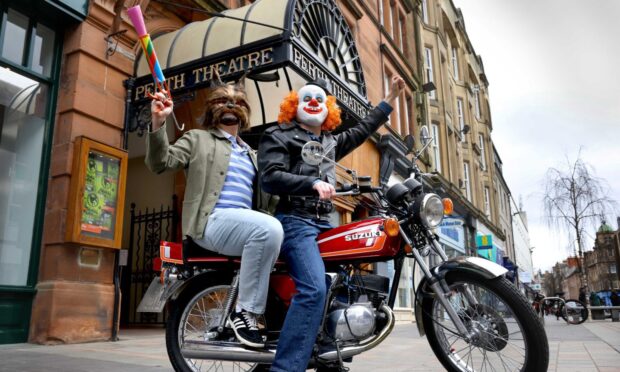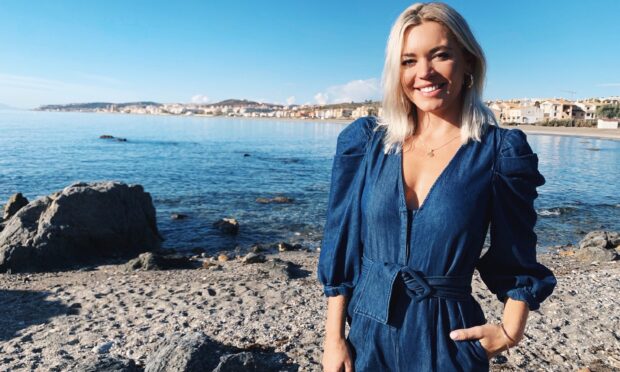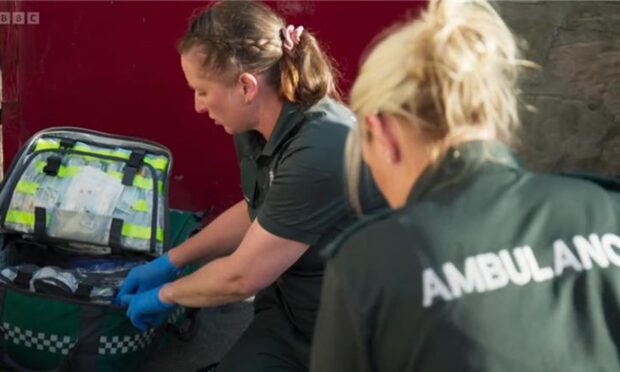For the second time in two years, playwright David Greig and director Elizabeth Newman have brought a play whose main reference point is Roman Britain to the gorgeous woodland amphitheatre at Pitlochry Festival Theatre.
Last year it was Adventures with the Painted People, a thoughtful piece about a romance between a Roman general and a Pictish woman.
In search of Roman ruins
This year Greig fast-forwards 2,000 years to adapt writer Charlotte Higgins’ book Under Another Sky, which tells of her journey around the island of Great Britain in search of the ruins of Roman occupation.
“Both plays are companions in that they’re on in Pitlochry’s extraordinary, beautiful outdoor theatre,” reflects Greig, when asked about connections.
“They’re both two-handers and they both have a slightly romantic comic tone. One is set in AD 80 and the other is set around 2015, so they’re two different angles on a similar subject.”
That subject, he explains, is “the boundary line between what we might call civilisation, and what we might call nature or wildness.
“The British experience of Rome was an encounter between an enormous empire that had cities and roads and buildings, which in some ways reminds us of our society now, and a society which was more agrarian, more of an oral culture.
Two worlds collide
“Both are about the encounter between these two poles of human experience. One very connected, literate and knowledge-based, but also violent, because it’s an empire built on trade and capital, then on the other side a different type of knowledge, a different way of living.
“They’re about how, despite apparently enormous differences, we somehow manage to find connection with each other.”
As anyone who was thrilled and enthralled by Painted People or who knows Greig’s work (he’s one of Scotland’s finest contemporary playwrights) is aware, this won’t be a dry history lesson.
Originally devised as a short performance for Edinburgh International Book Festival in 2019, when its Playing with Words strand brought Higgins, Greig and Newman together to create a scratch adaptation, the play builds its own drama around Higgins’ journey.
“We discovered that Charlotte did all that travelling in an old camper van with the man who was to become her partner,” says Greig.
“That was our way into the sketch we did at the Book Festival, these two people in a campervan, getting to know each other at the same time as they explore these ancient stones.
A story about a book
“The simplest way of saying it is that I’ve adapted the story of how the book came to be written more than I’ve adapted the book, exploring two characters reflecting on what it means to look back at the past and how that affects us now.”
Greig explains the piece is light and playful, rather than high drama.
“It’s really a story about companionship, and in finding it in exploration and ideas, but they don’t agree with each other, so that creates interesting discussion.
“It was written with the amphitheatre in mind, looking out at the forest and the river, and it’s a story that’s aimed at pleasure and joy and thoughtfulness.
“You don’t need to particularly be interested in Roman Britain, it’s a gentle road movie and I hope it’s enjoyable for that.”
- Under Another Sky is at Pitlochry Festival Theatre from Wednesday August 10 until Friday September.23. www.pitlochryfestivaltheatre.com
